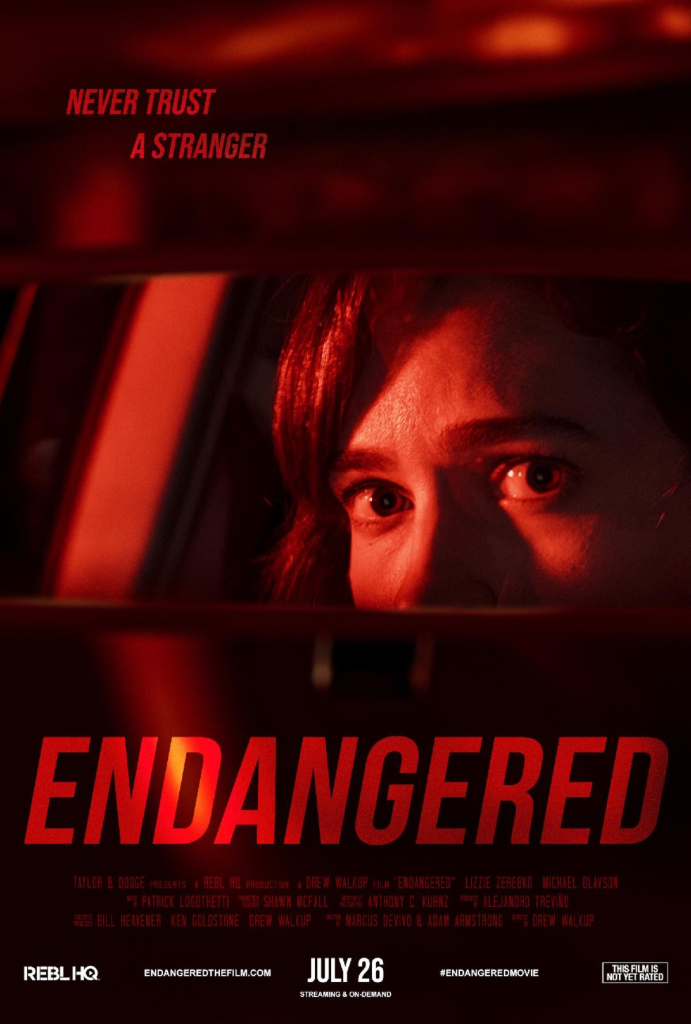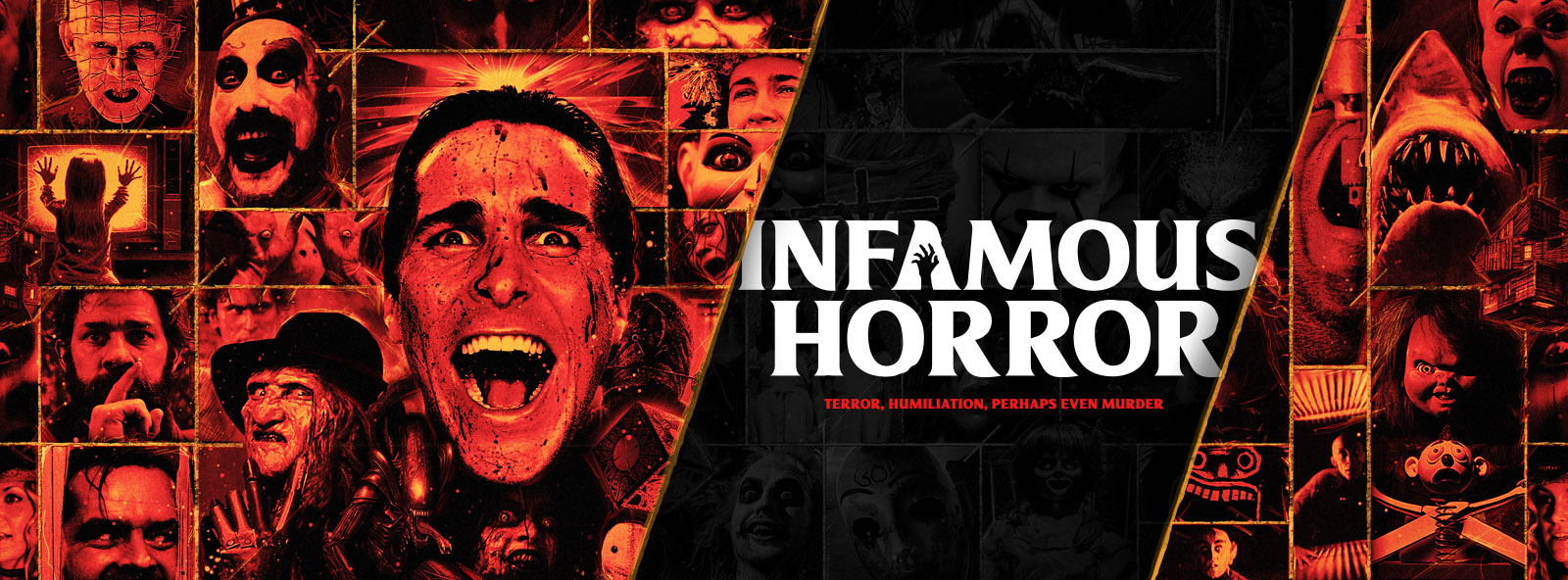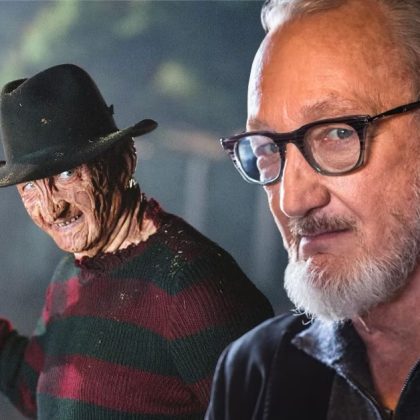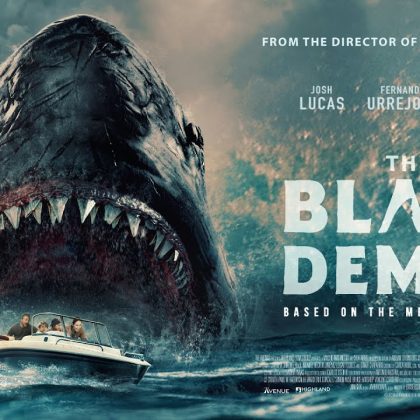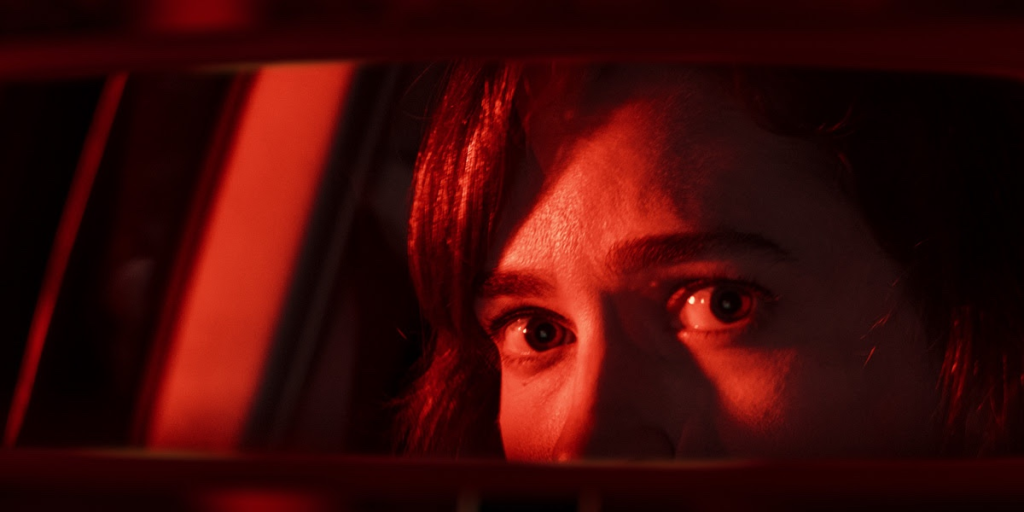
Last week I got to interview the director and stars of Endangered, it’s a new ride-share thriller that I think a lot of our readers will enjoy. Have fun reading the interview.
AJ: All right. So how did everybody get involved with Endangered?
Drew Walkup: Um, that’s a great question. Uh, so, we got a script together, the script was written by two of my long time collaborators, Adam Armstrong and Marcus. I initially was looking at Michael to play, not the role of the passenger, but of low boy who is a, uh, drug dealer in the film. And, you know, given Michael’s background and experience, I thought he would be an amazing, he would do an amazing job with that role. And then, you know, as the production process, typically goes things, things happen. I called on Michael two weeks before, um, principal photography kicked off and asked him and said to play the role of the passenger and, uh, you know, he, he jumped right into it with Lizzy. And I actually didn’t even know each other before this project started, um, you know, and through traditional casting process and, you know, um, reaching out to some of my friends in the industry. She and I were able to meet and talk through the role and she just gave an unbelievable audition and really showed that she understood, you know, what we truly needed from Allison in this film.
AJ: And this question is from both of you two, there’s a lot of turns in this movie and it’s basically don’t judge a book by its cover the whole time. Right. So that had to be a reason enough for you guys to really get into your character. So I’m wondering when you were reading the script, did anything take you aback while you were reading the script?
Lizzie Zerebko: I mean, absolutely. When I was reading it for the first time, I honestly, it was a page Turner for me. I was a hundred percent with the story, the entire time and I truly didn’t see where it was going to go. So that was one of the things that drew me to the script in the first place was wow. Like if I can do that, just reading it on a page, imagine, you know, what we can put together, seeing it come to life as a feature film.
Michael Olavson: Yeah. Likewise, I think, yeah, I think just being overall engaged by what the story was, it functioning as this vehicle of a thriller of an exciting takes place over one night, kind of a thriller. And then two, just having had knowing that Drew wanted me for he wanted me for this wanted, but there was a chance that I might need to play this over here. So kind of staying flexible and the excitement of like either way is popcorn for me because I get to be involved hopefully one way or the other. And so I was sort of like keeping a tab open over here in case we needed to go in this direction. And as soon as he did, I mean, you know, the best four weeks of work ever. And so being able to dive into that even with two weeks notice was you know, was the best month of work that I’ve experienced up to this point. So that was awesome. And just knowing that either way we get to get to work, making a thriller that, uh, that’s that’s, if we did our job, hopefully very entertaining.
AJ: Drew, this is for you when you make a movie, of course you wanna see it on the biggest screen possible, but now with everything on demand so faster, and it’s like the window is getting shorter and shorter for films, how do you feel with this approach with endangered coming out?
Drew: You know, it’s a great question, AJ. I think that, you know, streaming streaming is there’s there’s pros and cons to it. And I think that you know, I started my career on you know, with short films and then moved into primarily digital and YouTube. So I’m not unfamiliar with the small screen. And, although I think that the experience we made this film to be viewed in a theater, I think that the biggest thing for me is that I love watching this film with an audience. I love hearing how they’re reacting. I love trying to gauge, where did we hit that comedy beat, or, you know, like we got this laugh over here or, you know, did, like, is this twist playing for people or, you know, just in general how the audience is responding to it because, that not only is fulfilling to me knowing that people are enjoying, um, this, this, you know, piece of art that we made, but it’s also, uh, a great learning experience for me as a filmmaker to understand, you know, what I did well and, and what I could work on for the next project. And so for me, I think that the thing that makes me, you know, most sad is not necessarily the screen size, but just, you know the fact that everyone is when they’re gonna be watching this is gonna be watching it maybe with a couple friends or family or by themselves. And I really think that, you know, the more that we can get audiences together to, to continue to watch movies, um, it it’s is only gonna be a benefit for the art form and for the filmmakers and, and the audiences everyone involved.
AJ: And this one is for all three of you, like you said, watching this with the crowd is the turns like hitting with people. There’s this one tri that’s huge with the character that Lizzie plays in the movie that kind of puts the movie on its head a little bit were you three concerned about that turn and that frame one point of the movie, aren’t people gonna react to it, or is it gonna turn into low hanging fruit almost with the way it was played?
Drew: That’s a great question. Lizzie, Michael, you guys jump in first.
Lizzie: Well, I feel like you know, Drew was our trustee, captain at the helm of our ship. And, we would have discussions before every scene like an in depth discussion of where we were and what needed to, what the audience needed to see versus maybe what was inside the character’s head. So I just always trusted drew once we talked it out, I trusted Drew to know exactly, what needed to be shown, what needed to be hidden and what needed to happen to just play those moments correctly for the audience.
Michael: Yeah. Likewise and I think too, just because of the way it’s written to, I think so much of that work was done for us and, getting to lean into, like if we’re just playing the scene, if we’re playing the scene so much of that work is embedded within the script. And, so we can trust that. And at the same time, have a lot of fun with the fact with the question that kind of lingers in this world of like, where exactly is the danger coming from, and can we trust what we’re seeing with each scene that kind of unfolds and every kind of question that comes to light, whether it’s something that Allison says or the way that the passenger goes about doing something, um, there’s a phone call he takes in the back seat that makes us wonder what’s really going on early on, but then she’s on the phone and that makes us wonder what’s really going. And we just never really know what is exactly at going on here, until we really kind of like head into the third act. I think that being able to kind of keep that ball in the air and keep those questions in the air was something that I think it was exciting and scary because you hope that you’re doing your job. And, if there is any kind of misdirection taking place, you hope that those are not only gonna play, but that you, that it stays entertaining and exciting as we get to our destination.
Drew: I think it it’s really like a Testament to Adam Armstrong and Marcus, two of the writers, how they paced out this film and what they wanted to reveal at what point I think they did a wonderful job with that. And so when I was on set and, and in working with Michael and Lizzie for me it was really how do we best represent the wonderful writing that these guys did on screen and create this suspense and this mystery around, you know, who these characters are and, you know, how do we, how do we really have people believe, you know, what is being revealed at what time? And, but also not trick the audience that was very important to us to us as well is we wanted to make sure that, um, the audience never feels like they’re being lied to. So when you get to the point of the twist, it’s really more of like a, you, it’s a perspective shift more than like more than anything. Right. And I, and I think that’s the, the way that we wanted to play it. And a filmmaker’s hope is that a twist like that is not something that people see coming. And I, and I feel like we were able to really do our jobs on this one and that it is something that people are very respectful of. People walk into this movie and, and they don’t see it coming. And that’s great.
AJ: And you know, this, movie’s getting ready to come out next week, I believe on digital and on demand. So what are you three mainly looking forward to when it comes out next week?
Drew: Wow. I mean, I’m just, I think it’s, it’s about time is really where my head’s at. We shot this film in 2018. I finished it in 2019. We did our festival run in 2020, and then due to COVID and other unforeseen circumstances. We just haven’t been able to get a distribution digital release date. And so the fact that we’re finally getting it out into the world is something that, and having it be a piece of work that we’re also proud of, I think is really, I’m just so thankful that we’re finally here.
Lizzie: Yeah. And I need to like, throw my gratitude towards Drew out here too, because having been a satellite to all of the work that he has done over the last two years plus to find a home for it and really get it out into the world when given that everybody was in the same boat, you know, all of these other films that have a lot more resources to get their product out there, just this, the fact alone that we get to have this moment, really feels worthy of celebration. I feel a different kind of pride than anything else I’ve worked on because of the labor that it’s taken to get us to this point. And just knowing how hard it is to get anybody to watch anything that you put out there with how much content there is everywhere every day, all the time. I think too, what’s fun is that even in the last two years, I think when we started this, I didn’t see a single, you know, ride share thriller out on the market. And now there’s like a small handful, and it’s almost become a bit of like a sub genre unto itself within the thriller genre. And so being able to have it play in now, like a broader context where there’s a couple, there are, there are similar ideas out there, but knowing they’re all a little different and feeling really good about what we have to offer up within that sub genre that exists now is really exciting.
Michael: Yeah. And for me, it’s basically everything that they’ve said. I’m just happy that the world is going to be able to see it. There’s going to be eyeballs. Yeah. On our film that we that was a labor of love many friends and also just my friends and family who haven’t seen it yet. They finally get to see what I’ve been talking about all these four years. . So that’s nice that it finally comes to fruition.
